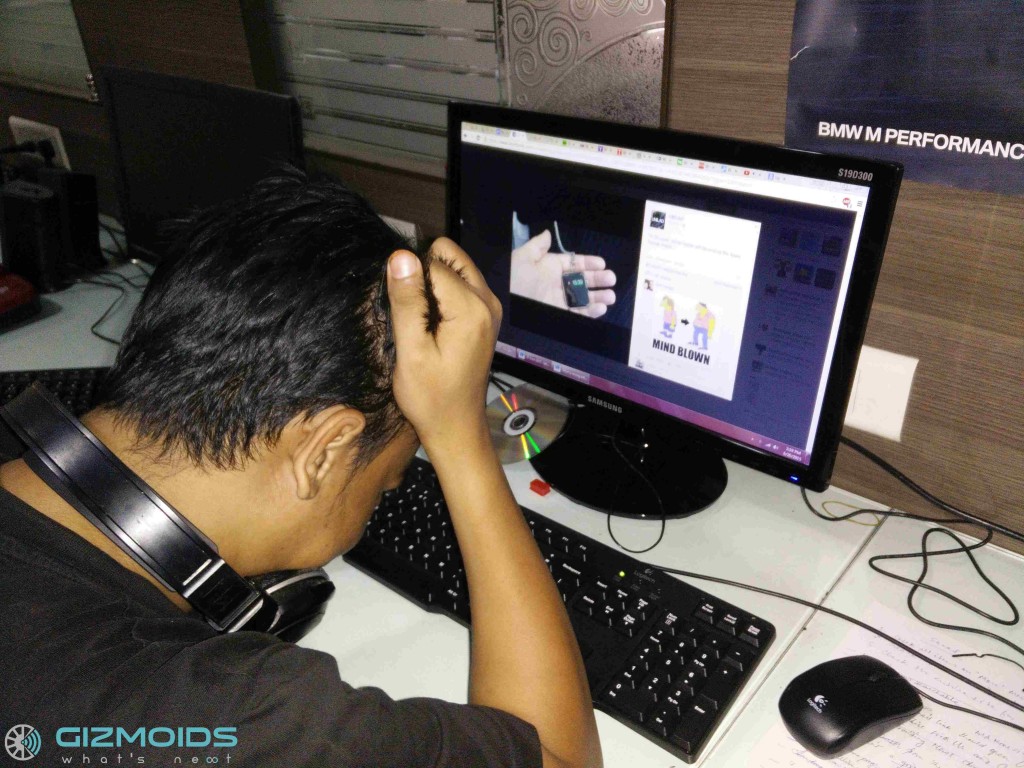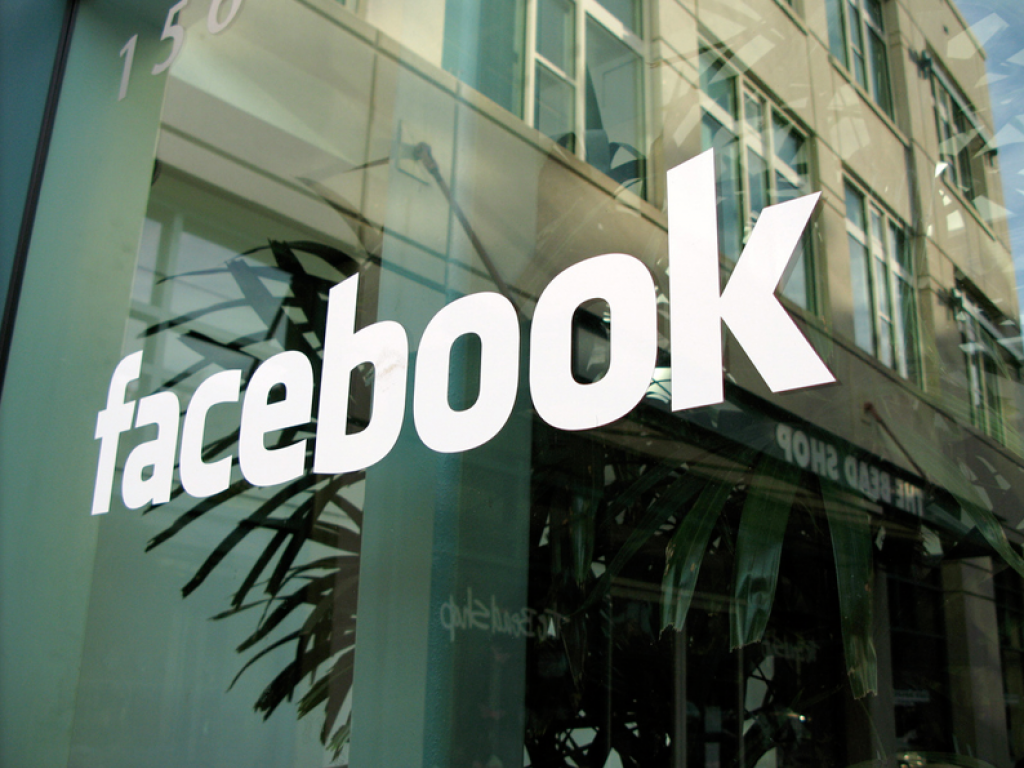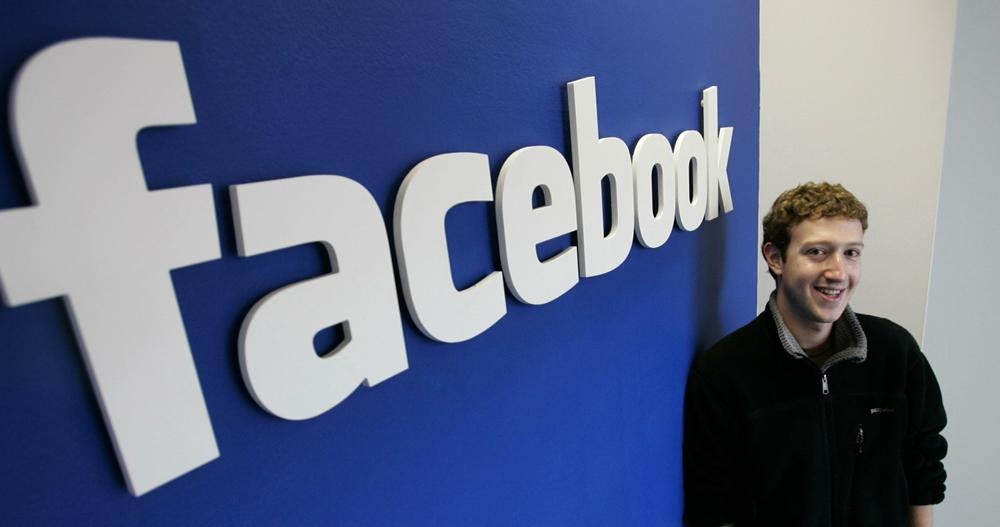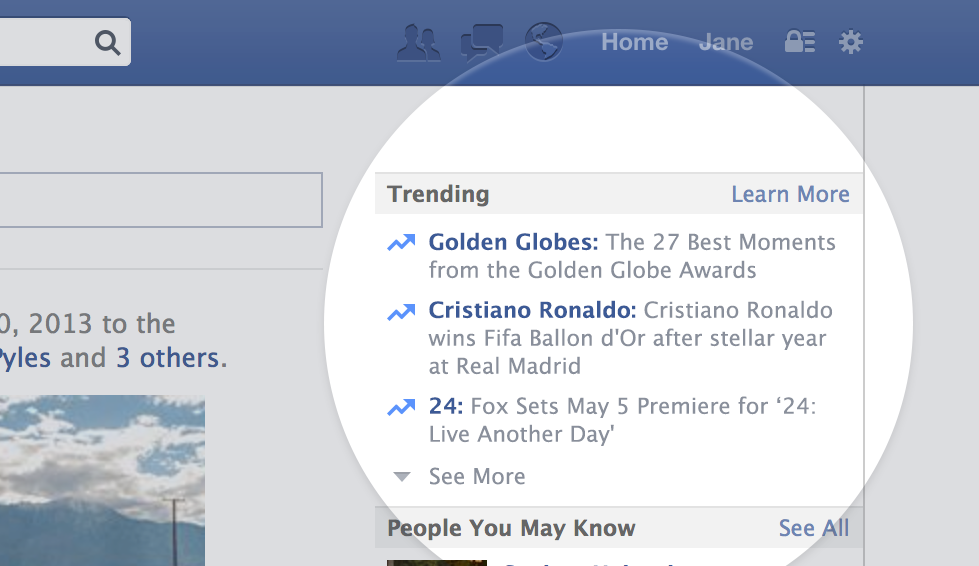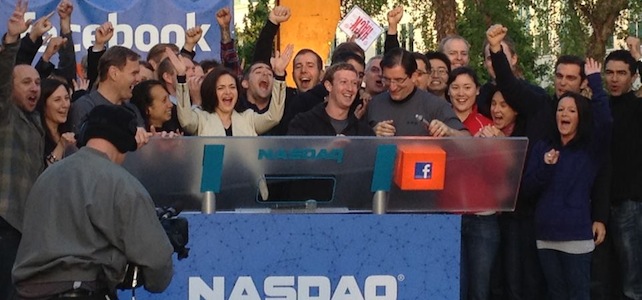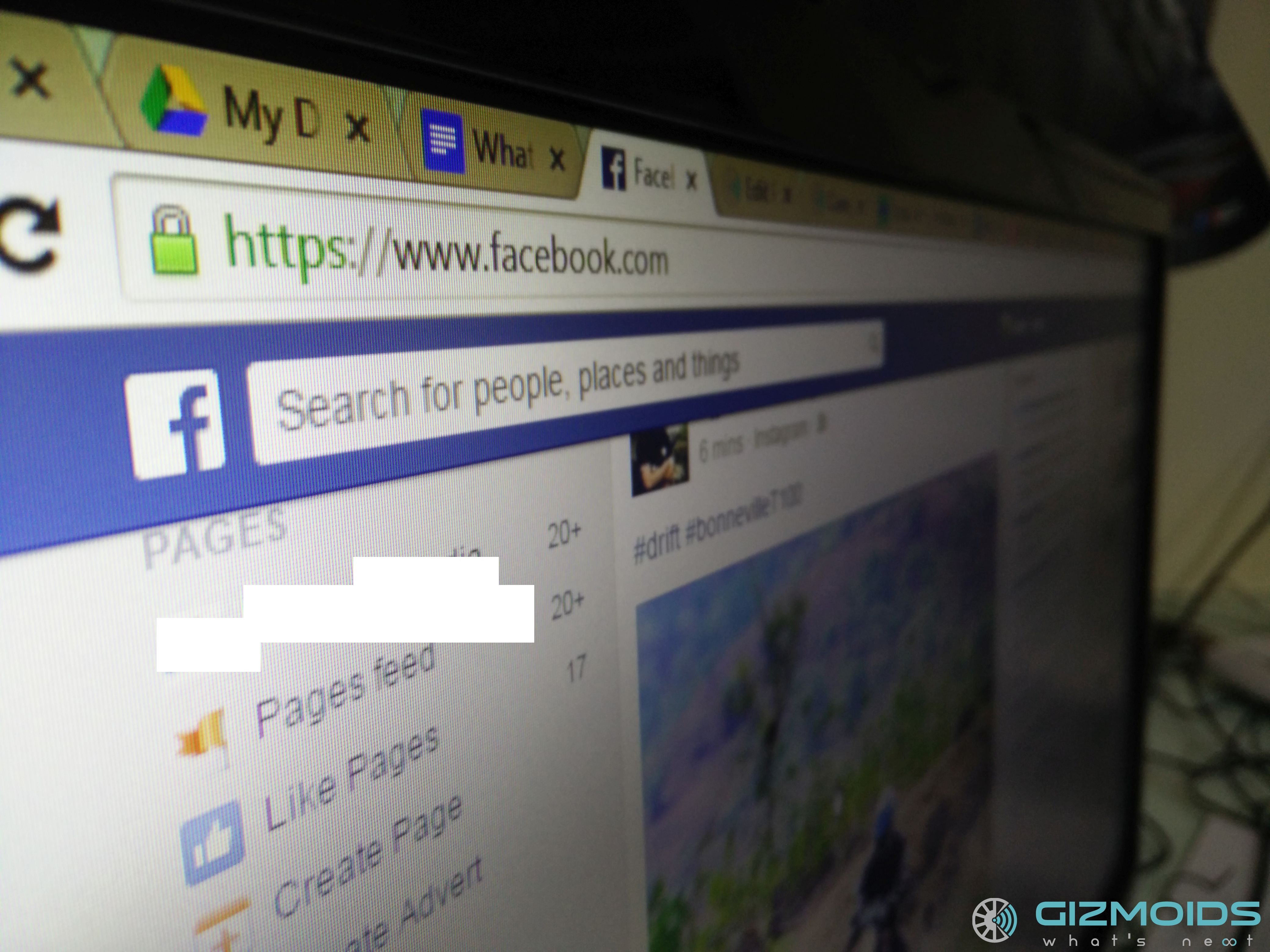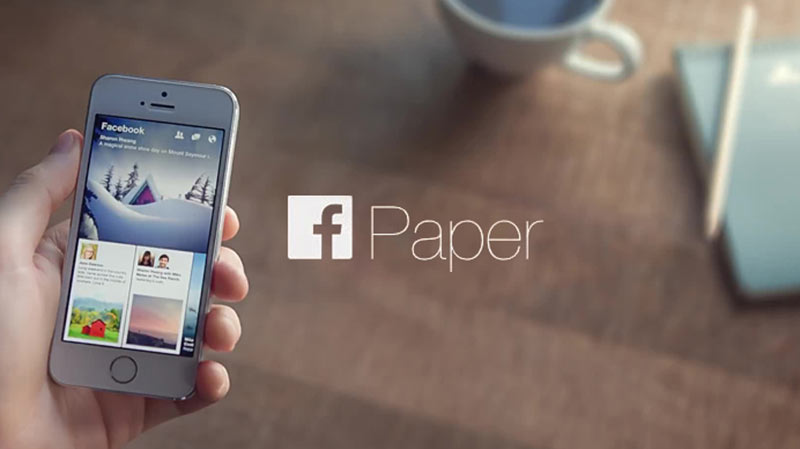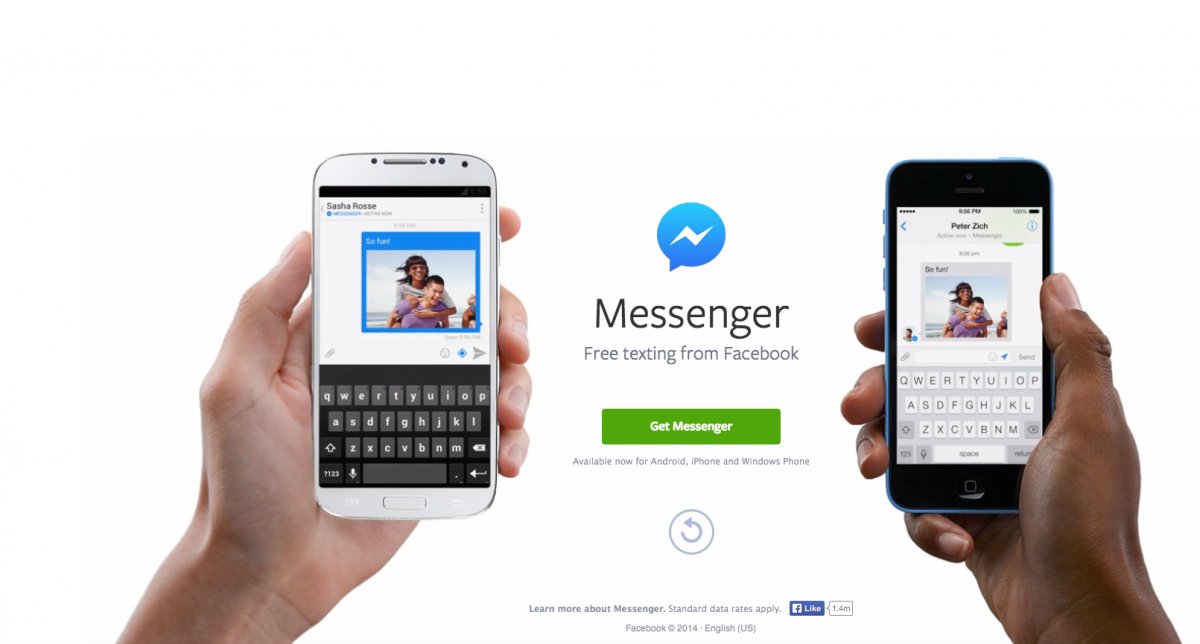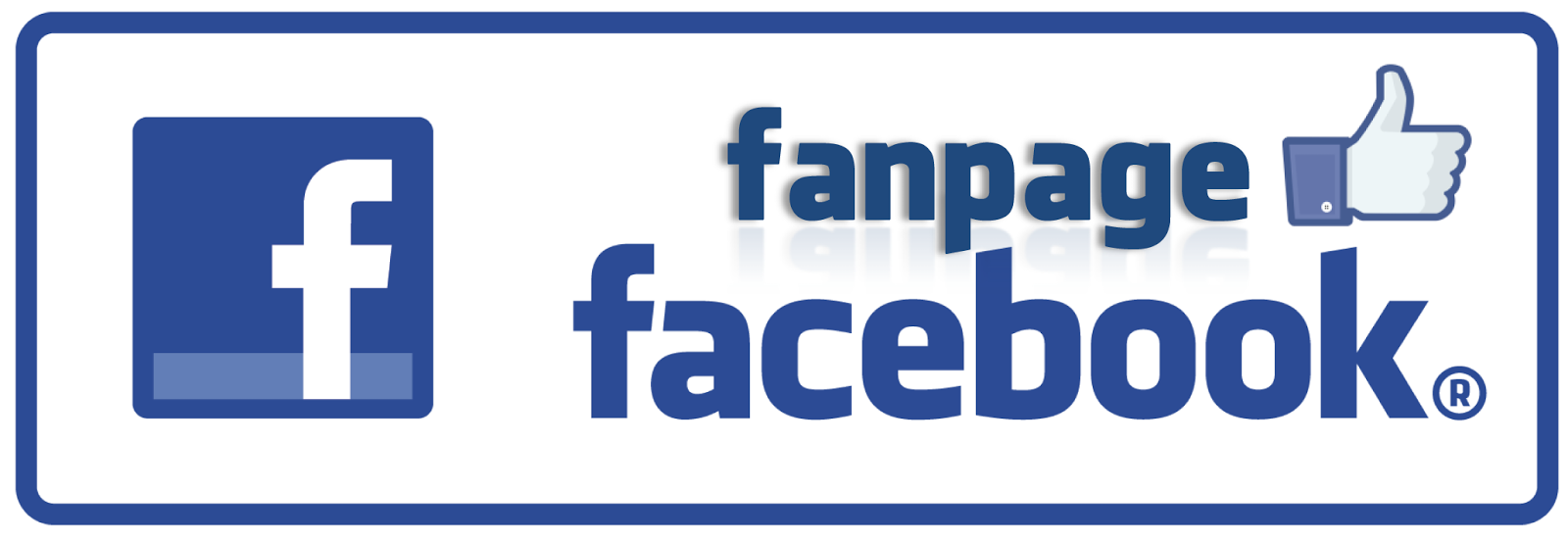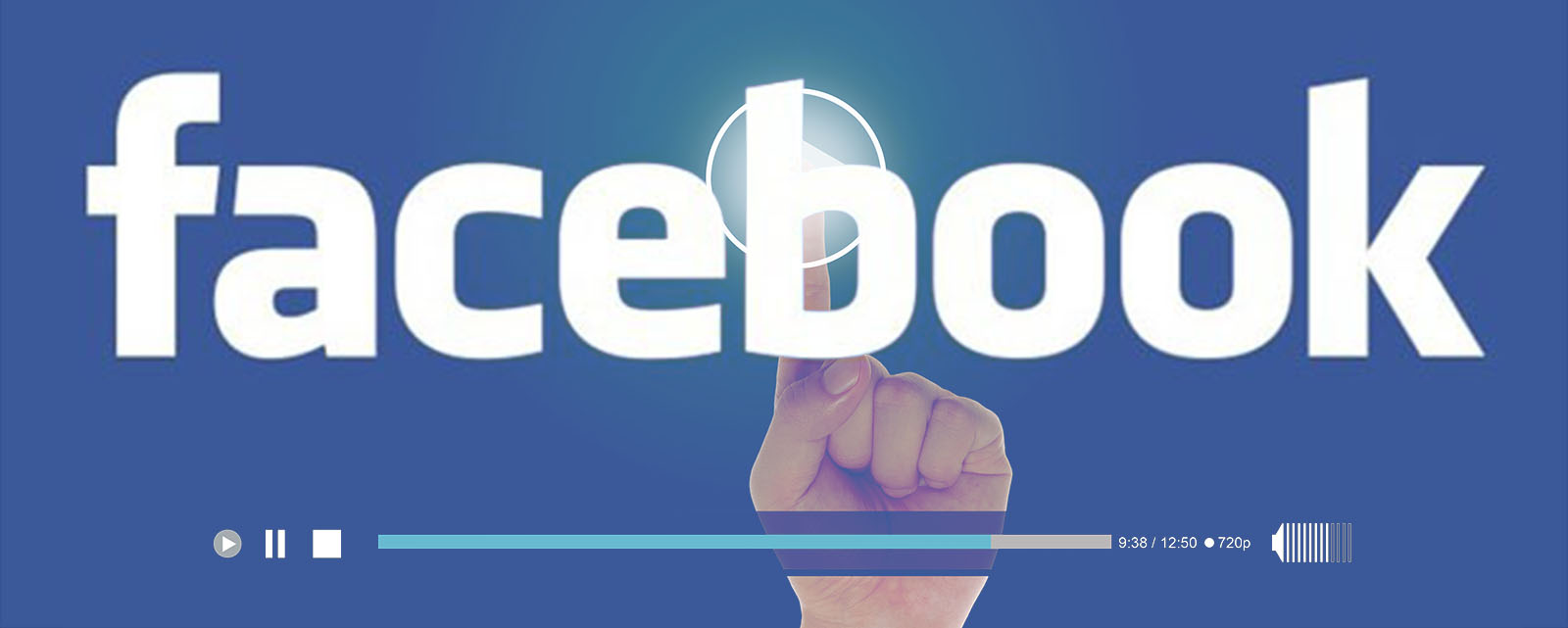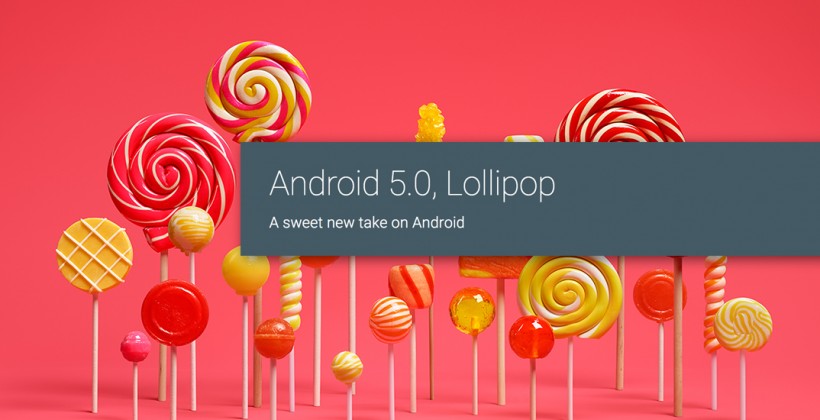The recent years have seen more and more frequent doomsday predictions of Facebook in tech journals and amongst industry analysts. This is nothing new as every company’s growth plateaus once it reaches saturation and Facebook is no different. But what is even more troubling for the Menlo Park, CA, company is that there have been studies and reports that clearly indicate that people are no longer spending as much time on the site as they were earlier, nor are they sharing and posting as much as they did some time back.
Are these the warning signs of a bigger problem? Could this be the beginning of the decline of the world’s largest social network? Only time will answer that, but there are several factors that we believe are contributing to make this network a much less interesting place than it used to be. There was a time when people thanked Facebook for connecting them to long lost friends, relatives, acquaintances and mates back from college and school. While Zuckerberg’s creation still continues to do that today, it has also grown to encompass a lot more, some of them for the better, some not.
Here we analyse where things are going wrong for the service, and how it’s affecting its prospects to retain the leadership position it has enjoyed for such a long time.
- Facebook is becoming bloated
Facebook started out as a lean and cleanly-designed website. Its spartan white and blue layout came as a breath of fresh air after the crazy fonts and customization options of Orkut and MySpace. It didn’t need to hog memory and system resources to run, and you could leave it open in a tab in the background without it chewing up your RAM. But now Facebook places not just a strain on the system but it is no longer easy on the eyes. If you have been away from the site for a long time, you will want to scroll down far enough to catch up on everything you have missed, and, if you don’t have a powerful enough system, Facebook will jump and stutter every now and then.
It is easy to see where the resources are being held up. From trending news to ticker to ads, Facebook is filled with various parts that are vying with the news feed for your attention now. Facebook has become too heavy for its own good. The user experience has already taken a massive beating, and that’s not good news in our immensely dynamic times where people don’t have the kind of loyalties they once used to.
- Intrusive Advertisements
In David Fincher’s Academy Award-winning movie The Social Network, Zuckerberg and Saverin (played by Jesse Eisenberg and a pre-Spiderman Andrew Garfield) asks the infamous Sean Parker (Justin Timberlake) of Napster to settle a difference of opinion among them during Facebook’s formative years. While Zuck thinks that they shouldn’t start thinking about monetizing the website via ads yet, Saverin, who, as the CFO, is responsible for the monetizing end of the company, thinks that it is the time to do so. Parker’s reply: neither. If you’re going to go fishing, go for the 3,000 pound marlin, not the 14 trout. He explains: think not in terms of millions, but billions. As Facebook has grown, expanded, and IPO’d, the mounting pressure of showing growth in revenue has brought more and more advertising into its homepage. There’s nothing wrong with this – every organization needs money to survive – but the way Facebook has gone about it hasn’t gone down well with its users who are being bombarded with ads left, right, and centre.
The difference between Google, the leader in online advertising by far – and Facebook is glaring. While Google’s ads are unobtrusive for the most part, Facebook’s ads stick out like a sore thumb on what is otherwise a clean and modern page. And while the former displays relevant ads to the user based on his browsing habits and emails, Facebook normally displays ads that are in no way interesting to the user. For example, you will encounter weird ads for women’s lingerie even if you’re a man and don’t have the slightest idea what Victoria’s big secret is.
- It’s not THE cool thing anymore
This is closely connected to the previous entry. Even earlier in the same movie above, Saverin wants to start advertising so that they can start recouping some of their investments. Zuck shoots him down. His view is that people flock to their site because it is cool and hip, and advertisements will detract from that experience. Facebook is now a billion-dollar corporation and Zuckerberg (don’t forget co-founder Moskovitz) is the youngest billionaire in the world. With this growth, Facebook now threatens to go in the direction of Myspace, Orkut, and Friendster before it. Everyone and his uncle are on the social network now, and it is no longer a novelty anymore. Like the junior lawyer’s musing in the movie: “Bosnia, they don’t have roads but they have Facebook.”
There’s a new social network springing up every month if not week. All of these realize that they can’t cope with Facebook for sheer size and scope, so they have given up trying to do that. Instead, they are carving their own niches. Some are succeeding, some aren’t. Some are meant to connect divorced people; some brings together enthusiasts of a particular hobby, while some are tailored to stream your activities to the world. Where there once was only Facebook and a few pretenders to the throne, there now are many competitors cutting a slice of Facebook’s pie. And with almost a billion and half users already, there is little scope for being bullish on growth for Facebook anymore.
- The issue of privacy
Privacy is a big concern for everyone living a digital life but there are very few places where it is more necessary than Facebook. The company may not have your banking and credit card information yet, but that sure could change soon. Even now, Facebook knows more about you than you realize. It knows each and every intimate detail of your personal life and you can do nothing about it because you elected to put it there yourself. And this makes people paranoid sometimes.
There have been instances of bullying on the social network, goading impressionable young teens to depression and even suicides. Passwords and photos can be stolen, accounts can be hacked or taken over, and precious data can be stolen by unscrupulous people. All these make the thinking person a tad wary of putting it all out there.
In their defence, Facebook has doubled down on privacy in the last few years. They have made it easier to check which apps have your personal info and which ones can post on your wall. They have made it easier to report bullies, spam, and abusive content and they have revamped their privacy settings so that it is easier to understand for a layman. Two-factor authentication has been introduced although Facebook hasn’t urged its users to adopt forcefully enough, in our opinion. And yet, as with any network that knows about you as much as Facebook does, there always is the lingering doubt about security.
- Facebook’s Trending News is not so trending
Facebook recently introduced its trending news feature in an attempt to keep its users on the site longer. It isn’t working out. The “trending news” it highlights are not exactly trending by the time they appear there. It is nowhere as quick as Twitter or even Google News, and it highlights topics that most users have no interest in. I have tried tweaking this feature so that is displays topics based on my personal tastes, but it has been a disaster so far. Instead, it keeps on showing me birthdays of starlets and celebrities that I’ve never heard of nor care for. Its news feed feels like an RSS feed of TMZ, Perez Hilton, and other tabloids instead of being actually helpful and providing real-time updates like Twitter.
- People aren’t sharing stuff as much as they used to
A recent study found that lonely people are the ones who share much of the stuff, be it details about their personal lives or random nuggets from the web, on Facebook. Another study found that people are sharing less of their activities online. Put two and two together and either the world is getting happier as a whole or Facebook is losing its sheen as a place to share your stuff online. Or it is also wholly possible that people have found other outlets for their social experiences. The novelty is wearing off.
- Sponsored posts
Facebook’s sponsored posts section is a shoddy representation of the way the company is trying to maximize the reach of its advertisers. It is nowhere as apparent as on the mobile app where scrolling down the news feed will see your friends’ updates being interrupted with articles, links, and posts from Facebook pages that you have no interest in.
- Suggested pages
This is also connected to the previous entry. Facebook suggests you pages based on what is trending, what your friends have liked and what you yourself have liked in the past. But not everyone wants to hit the ‘like’ button on every page they encounter. It gets worse when you go to your personal wall now. At the left sidebar, Facebook will constantly harangue you by asking what movies you have watched, what books you have read and what sport teams you prefer. If your About section isn’t filled out to the brim, it will pester you asking you for more of your personal information.
- Spam, spam, spam
The amount of spam Facebook lets through is staggering at times. From professional spammers asking for ‘likes’ on every post, to pages advertising themselves on other pages, Facebook is rife with spam and unwanted ads. There is a whole industry that has sprung up to harness ‘likes’ for pages using fake profiles. Companies and celebrities are now in a race for ‘likes’ milestones, so this was bound to happen sooner or later.
- The comments section
They say, YouTube’s comment section is the worst discussion section on the internet, but Facebook’s isn’t far behind. The most common type is the professional jokers who will post pictures of Michael Jackson munching on popcorn on each and every funny photo. Then there are the people who will share memes totally unrelated to the post and the ones who will seize every opportunity to advertise a free mobile recharge or a get slim fast scam. Thanks to Facebook’s algorithm that gives the most visibility to the most liked comment, this is not going to change anytime soon.
- Few tablet optimized apps
While Facebook and Facebook Messenger, its two core apps works fine on both mobile and tablets, the company has neglected to optimize the rest of its apps for tablets. Instagram, owned by Facebook now, still isn’t optimized for the iPad’s screen, nor is Paper, Facebook’s little known and actually underrated app for discovering news and curated content.
The former is slightly excusable as Instagram is a photo app and the cell phone is still the most popular picture-taking device right now, although people are increasingly resorting to taking pictures with their tablets these days (If you are one of those, please stop). Paper, however, was meant to thrive on the tablet with its larger screen real estate, so it is a real wonder why there’s no iPad version yet.
- Too many apps
That brings us to the number of apps Facebook forces on its users. First of all, having to open another app to message someone on Facebook is just plain stupid. And it is even more stupid coming from the company that already owns WhatsApp. Own a Facebook page? Download Facebook pages. Famous? Download Mentions. Want to view their annual F8 developers’ conference? Download F8. And we still haven’t no idea what Slingshot does and why is it necessary.
More apps means more avenues to push advertising, so we understand the rationale behind Facebook’s push for more apps, but forcing a bunch of disjointed apps when all could be consolidated in one place will hurt no one but Facebook’s growth itself.
- Facebook Messages
Messaging (or IM) a friend or acquaintance on Facebook works pretty fine for the most part if you’re on a PC. The trouble is when someone you don’t know or don’t have in your friend list messages you. Then it goes to your ‘other’ folder, where it will spend the rest of its life unnoticed until you actually open it up one day by mistake. I have lost count of the number of messages I haven’t been able to discover in time thanks to this feature.
There’s a reason some people use IM instead of email; it is less formal and facilitates faster communication. But by giving the user no notification of messages from people outside their social circle, Facebook is restricting its users’ reach.
- Unnecessary notifications
Which brings us to notifications. If you have more than 400 or 500 friends, as most people active online do, the amount of unwanted notifications you get every day can be huge. If you happen to leave a comment on a friend’s popular post, you will be notified every time someone posts a smiley or leaves “LOL” under your comment. If someone has tagged you in a photo that has nothing to do with yourself, you will still get notifications for each and every comment on that photo until you get fed up with it and untag yourself or mute the conversation.
In my initial days on the social network, I had this OCD thing where I had to open my Facebook tab every time it flashes an unseen notification, just to make it go away if not to read the actual notification. And it worked well for the most part: I could respond quickly to comments and likes from people who actually mattered to me in the real world. Then the spam followed, along with the Candy Crush requests and the event invites and the constant badgering for more activity from my end.
It is even worse if you happen to be the administrator or manager of an active business page. Every few hours, Facebook will inform you that one of your posts is doing exceptionally well and you should pay them more for the privilege of showing it to more fans that have already ‘liked’ and elected to see your posts.
These types of notifications have ensured that i don’t react at all when I see that ‘1’ in parentheses on my Facebook tab any longer. Because nowadays I’m pretty sure that it will be just another pointless notification instead of a meaningful activity from one of my real-world friends.
- No respect for intellectual properties/freebooting
There’s this new term called ‘freebooting,” coined by Internet personality Brady Haran. It basically means downloading other people’s content and re-uploading it onto another site as your own. Facebook is where freebooting runs rampant. Its users regularly violate IP laws, Creative Commons laws, and just plain human decency laws by saving images and videos from various websites like Imgur, 9Gag, 4Chan, and YouTube, and then uploading it as their own on Facebook.
Freebooting is very different from sharing, where you share an article or link you like on Facebook with a linkback to the original website or creator. Instead, it is a deliberate ploy to erase the original creators’ digital/visual signature and pass it off as one of your own.
And it is not just unscrupulous individuals who are doing this. There are pages that have amassed millions of likes and fans by regularly stealing content, mostly videos off YouTube, and passing it off as their own on Facebook. There are dozens of pages that exist only to rip off viral videos and put them back on Facebook. There are even celebrity pages that freeboot stuff wantonly in between posting promotions.
Freebooting is far from a harmless crime. Small and independent content creators are feeling the brunt of Facebook’s lack of respect for intellectual property the most. When a video can take time to gain traction elsewhere, it can go viral faster on Facebook thanks to its tremendous social sharing aspects. But while YouTube and other channels like Vessel actually remunerate the artist or creator, Facebook doesn’t.
There’s either no way or a very hard, roundabout way at best to make Facebook take down a video. At best all you can hope for is to message the page admins and ask them to take down your content or attribute you for your work.
- Facebook’s algorithm is hiding meaningful content
If you haven’t liked or commented on a particular friend’s posts for some time, Facebook’s algorithm assumes that you want to see less of him in your news feed and decreases his visibility on your news feed. But is liking and commenting the only parameter by which engagement can be gauged? For example, I may feel weird “liking” a friend’s status where he posts about an accident or death of someone. That doesn’t mean I don’t empathise with my friend, nor does it mean I don’t want to see more of my friend’s activities on Facebook.
And if my friend keeps posting sad, morbid stuff on his wall all the time, I will keep on not liking his posts even though I’m sitting here and watching with interest all the same. With time, Facebook will replace his posts with things you don’t want to see, like a feature article that one of your friend has liked, or a photo of a friend of my friend that the latter has liked/commented on but which has absolutely no interest to me.
For now, the only way to access every post and update from your friends is to add them to one or more lists and then view them there.
- Its video player is feature-sparse, consumes too much bandwidth, and is generally bad
Facebook is pushing its video player hard and it is being adopted too, if only because it is the easiest means to share videos to personal circles. That can’t mask the fact that its video player still sucks. Unlike YouTube which can change a video’s resolution on the fly, Facebook’s player consumes a lot of bandwidth, and is jerky even at good internet speeds. It also doesn’t support closed captioning, annotations or anything remotely resembling a media player. All you get is the usual like and share buttons. The compression is awful, making even HD videos look terrible and cellphone videos look like they have been put through a grinder. Until Facebook revamps its video player, it won’t be able to hold a candle to YouTube, Vimeo, and other sites it is targeting.
What do you think of Facebook? Are you annoyed or satisfied with your Facebook experience? Got something to add to the discussion? Sound out to us below in the forums.

